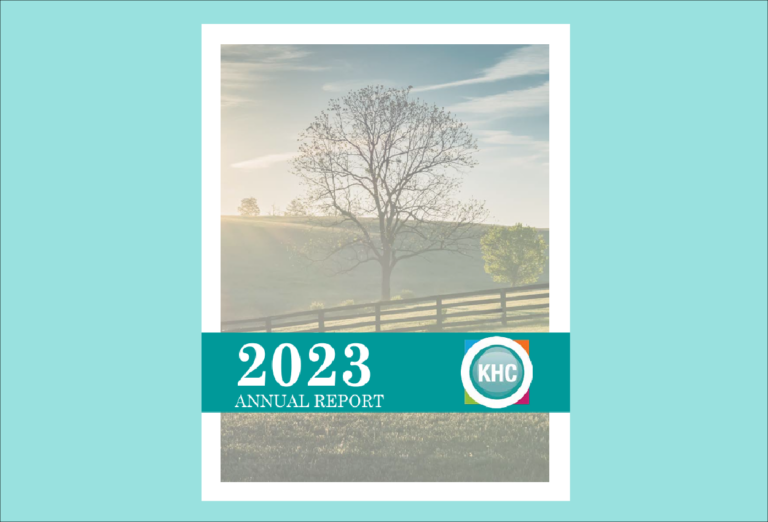Every year, flu season occurs during the fall and winter in the United States. It is recommended that everyone six months and older receive a flu vaccine yearly to protect themselves from the virus. Flu vaccination can help reduce the severity of flu illnesses, doctors’ visits, and missed obligations as well as prevent flu-related hospitalization and death. Studies show that flu vaccination can reduce the risk of flu illness between 40-60%. Protecting oneself from the flu prevents the community spread of flu and consequently protects those who are a highest risk.
From December 6-12, 2020, the Centers for Disease Control and Prevention (CDC) observed National Influenza Vaccination week in order to increase flu vaccination and remind people that it is not too late to receive a flu vaccine. Vaccination for the 2020-2021 flu season is especially important because of the COVID-19 pandemic. Increased vaccination will help conserve valuable medical resources needed to care for those with COVID-19. Last year, just over half of the U.S. population received a flu vaccine. Already, it does appear that flu vaccination rates are up in 2020, with one study showing that from August 7 to October 2, 23.5 million people received the flu vaccine compared to 12.6 million during the same period in 2019.3
Before this year’s flu season began, there were fears of an overburdened healthcare system and increased severity of disease due to simultaneous case increase of COVID-19 and the flu. However, early data shows that flu cases are currently at record lows. It is hypothesized that this is the case because of the use of COVID-19 prevention measures such as the use of masks, social distancing, and hygienic practices. These measures are as effective for preventing the flu as they are for COVID-19.
Although this is promising information, there is ample time for a resurgence in flu cases considering the season can last through the month of May. As the COVID-19 vaccine is more widely administered and/or communities began to relax social distancing and masking practices, flu cases may increase. After vaccine receipt, it can take up to two weeks for the individual to develop antibodies to protect them from infection. Therefore, it is still critically important to people to receive the flu vaccine sooner rather than later.
For more information on National Influenza Vaccination week and resources on flu vaccination, visit the CDC’s Resource Center. To find a flu vaccine administrator near you, click here.






